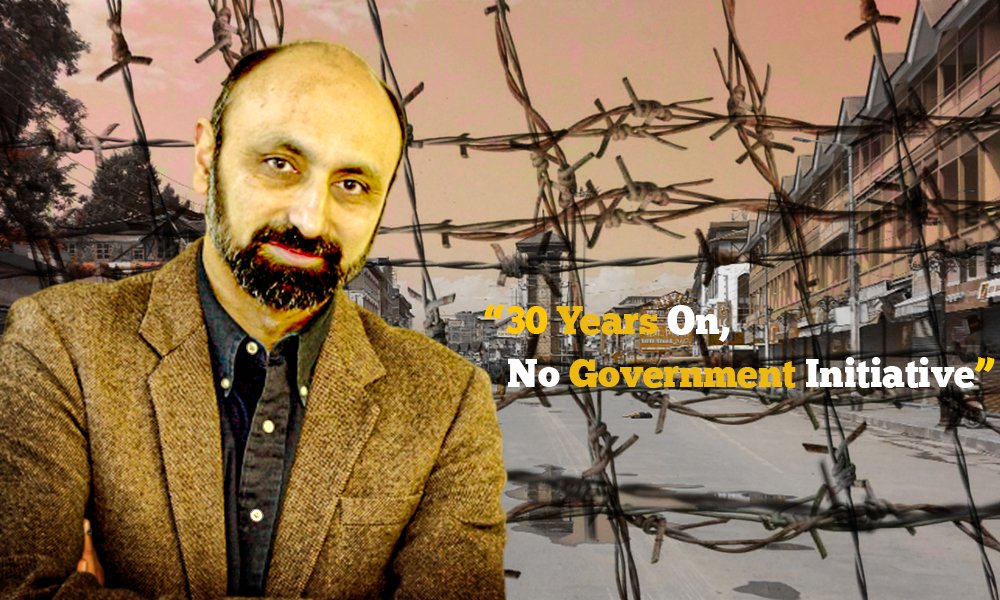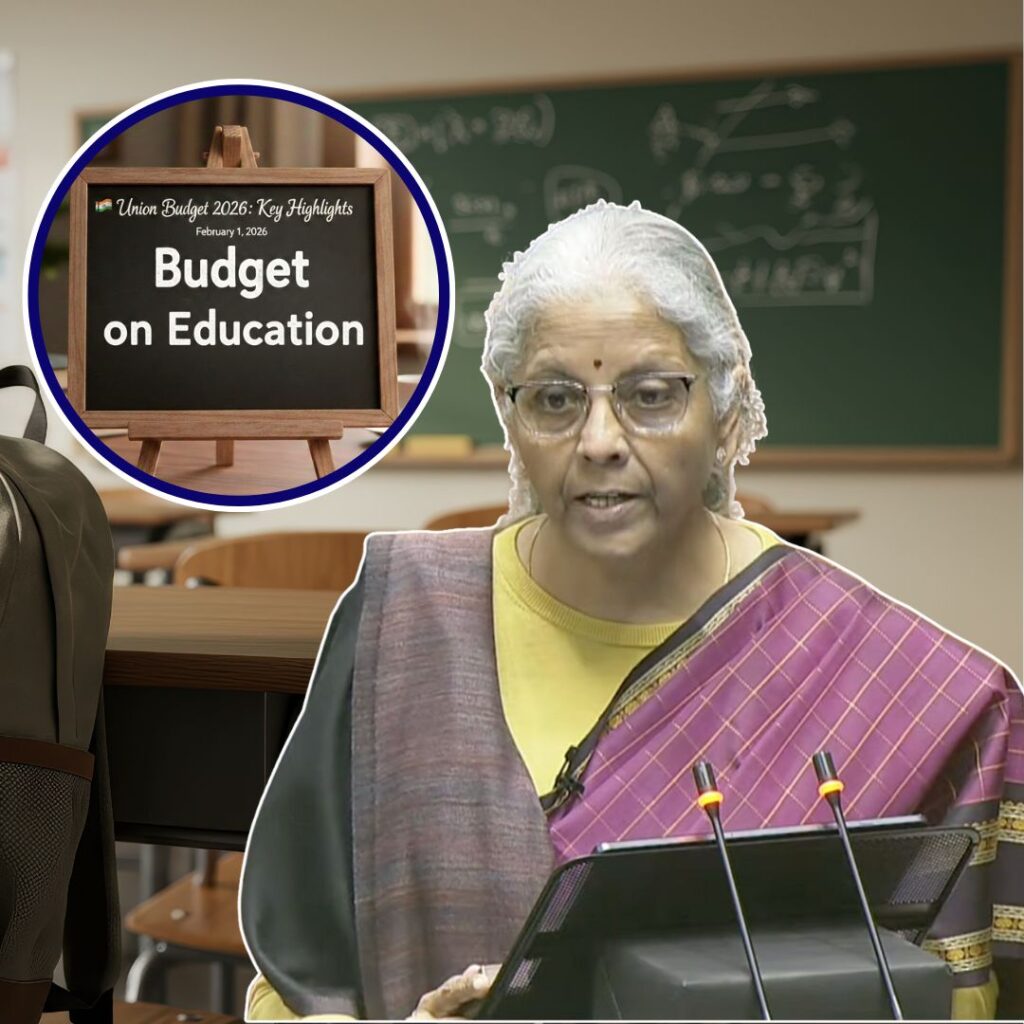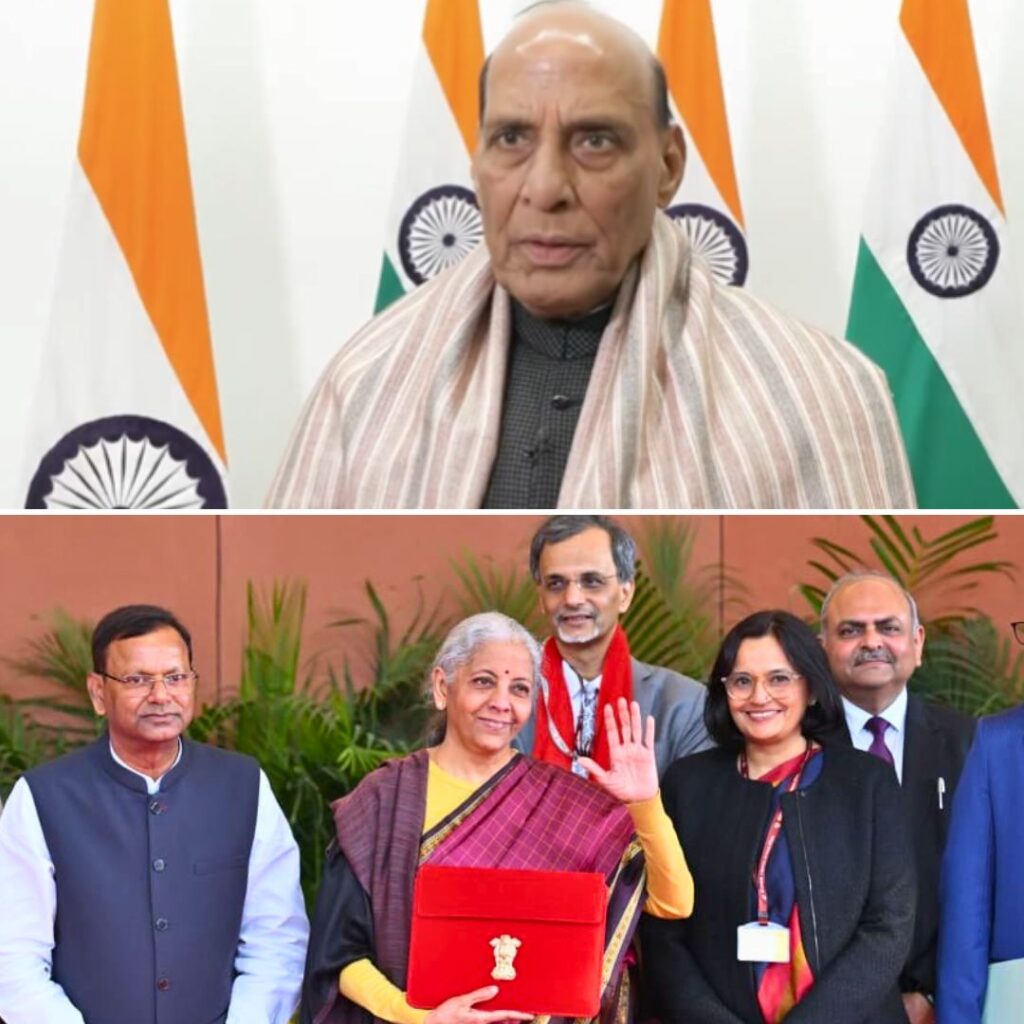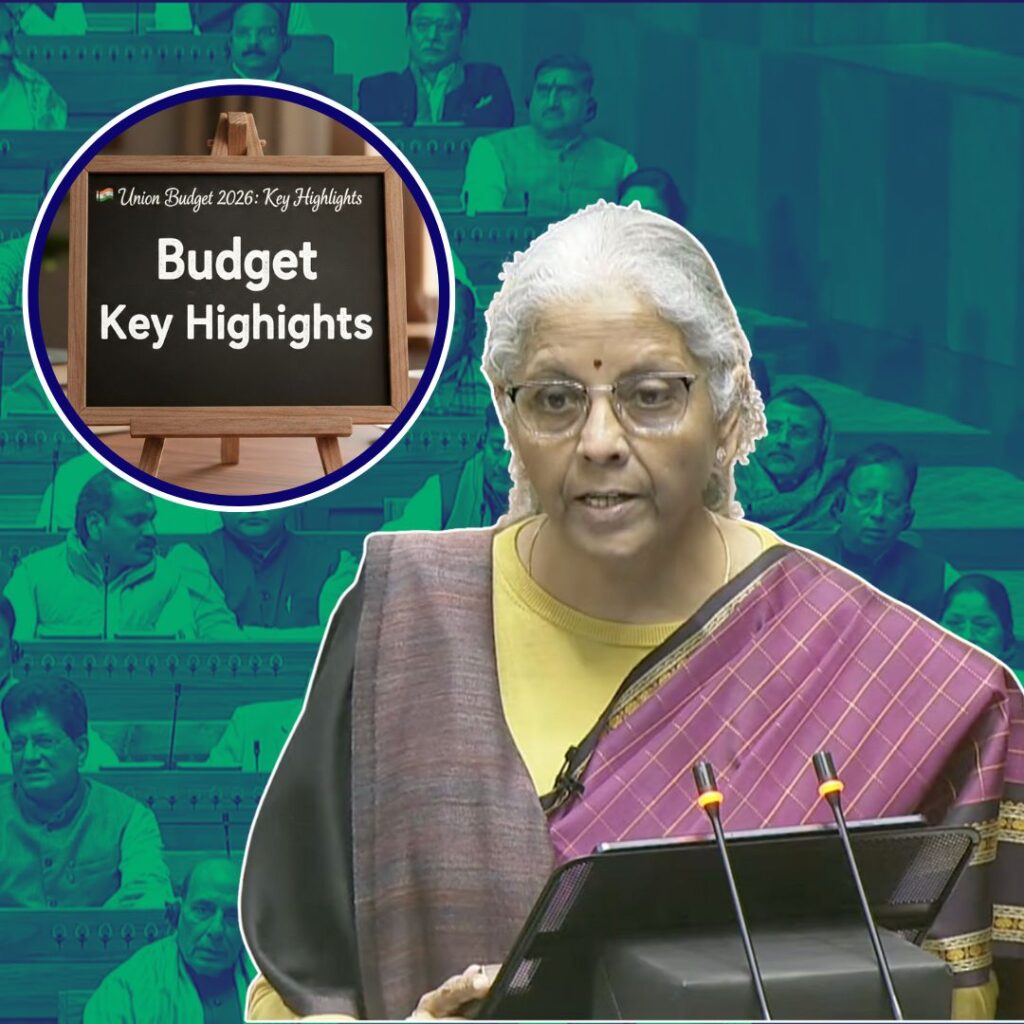Author of ‘Of Gardens and Graves: Essays on Kashmir| Poems in Translation’, and an academician, Suvir Kaul spoke to The Logical Indian while commemorating 30 years of the Kashmiri Pandit exodus, about various topics pertaining to the region – ranging from its history under the Dogra regime, to the most recent political developments in the Valley.
During the detailed conversation, he revealed and reiterated several facts lost to the memory or buried in time, about Kashmir’s complicated and dispiriting past.
Touching upon recent developments, the professor also expressed his reservations on certain ideas being floated on the future of the troubled vale.
Excerpts from the interview
Many people refer to you as a historian, thus would you be able to give us a brief insight into the relationship that Kashmiri Muslims and Kashmiri Pandits shared before India’s independence, during the Dogra rule more specifically?
The fact is that under the Dogra Maharaja, Kashmiri Pandits, and Hindus more generally, had many advantages. The Dogra Maharaja, Hari Singh, was quite sure that his feudal role was going to be supported either by people with bureaucratic expertise – Muslims imported from Punjab, Punjabi Hindus, or by Kashmiri Pandits.
Pandits also possessed literacy, which meant that they were able to occupy a great many of the bureaucratic roles for revenue extraction, land record-keeping, et cetera. There were, of course, a few Muslim landlords who had equivalent power, but for the most part, Muslims were poor peasants without basic education.
Senior Kashmiris, particularly Muslims presently residing in the Valley, say that there used to be an ‘unwritten rule’ to not allow the admission of any Muslim into a school. Is there any truth to that belief?
I do not know about an ‘unwritten rule’ but there were a precious few schools and the Maharaja was not interested in making higher education available to Kashmiri Muslims. So, even if basic education could be provided to a small number of Kashmiri Muslims and indeed a small number of Kashmiri Pandits, higher education was not encouraged.
Therefore, we are talking about a situation where due to many decades of Dogra rule, there was a huge disproportion between the educational credentials of the large mass of Muslims and the remaining Hindus. Pandits, in particular, had access to secondary and tertiary education.
Since that time, if we look at the events in 1947, Kashmir saw no internal rioting. However, in January 1990 the region saw the exodus of the Pandit community. What led for a transition of Kashmir – from a secular and composite society, to one which was sectarian enough for an entire section to forcefully migrate?
These are extraordinarily complicated events. Yes, Kashmir saw no communal rioting but the history of Jammu Muslims is often left out.
Remember, 1947 is not just about the anti-colonial movements in India that led to her independence, because in Kashmir there was a parallel movement (not identical) led by Sheikh Mohammed Abdullah. The idea was to get rid of the Maharaja, as their anti-colonial movement was directed at his legacy, and not the British.
So, in 1947 – there are extraordinary records available which point to the fact that one of the most malicious acts that the Dogra state performed was to rid its Jammu province of Muslims. It was a plan to be executed either by pushing the Muslims into Mirpur or Poonch, or by massacring a large number of them.
State forces with the accompaniment of Hindu and Sikh refugees – who had just moved into the area, who were actually armed by the Maharaja, executed that plan. And that pogrom is not part of the usual record of the history of Jammu and Kashmir.
While it is true that Kashmir saw no rioting, Jammu province tells a very different story.
Also, the first armed rebellion against the Maharaja took its birth in Mirpur and Poonch, where people who had once been a part of the British army and demobilised after the war but were trained soldiers, actually took up arms against the Maharaja.
Thus, I am reminding you that 1947 was a very complex mix of events and the history of Jammu and Kashmir is different from the history of India.
What happened later that led to the exodus?
My grandparents were living in Kashmir at that time and we lived in Bengal. We would always go to the Valley during summers and during our vacation periods to spend time with them.
Then, when my parents retired they shifted back to their ancestral home in Srinagar but they would come to Delhi during the winters. When the events of January 1990 took place, my father went back home – over the next three summers, just to keep an eye on our ancestral home.
You must remember that civil society had collapsed and Srinagar had turned into a massively militarised state where the militants were battling the CRPF, the BSF, and the Army in the city.
Now, what happened in 1990 was cataclysmic. A tiny minority felt scared eno…











